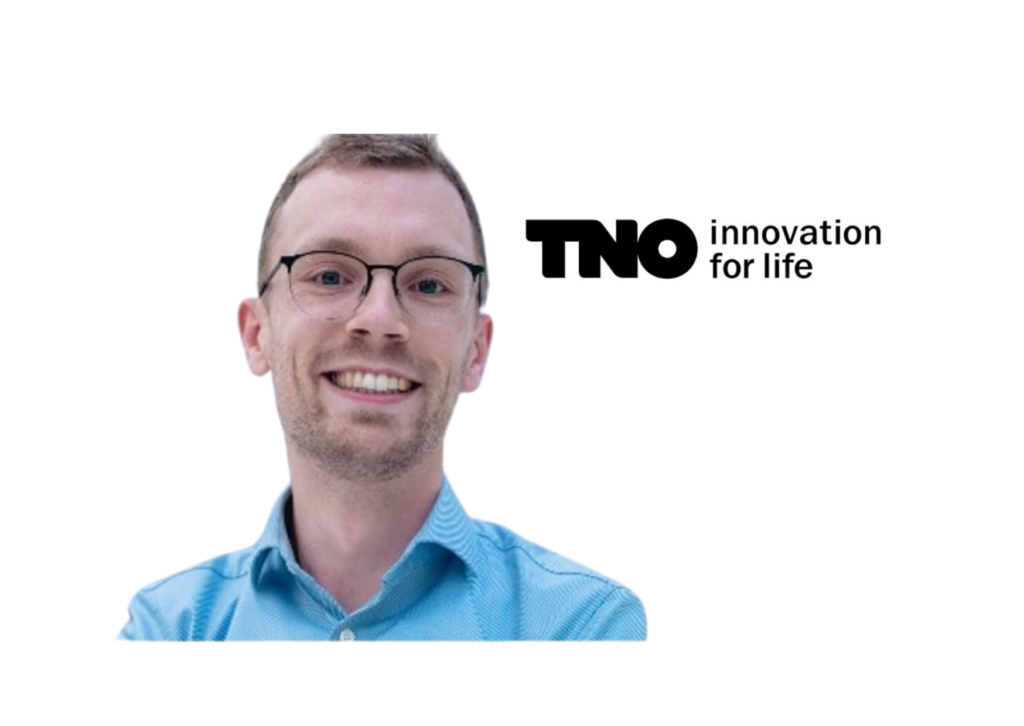Get to know Feye Hoekstra from TNO
He is a battery scientist working at TNO, the applied research institute of The Netherlands, with a primary focus on Battery Management-related challenges, such as battery behavior modeling and algorithm design for battery state estimation and control. He obtained both an MSc and a PhD degree in Systems & Control from Eindhoven University of Technology, with his research focusing on leveraging control theory to address battery management challenges. In the NEXTBMS project, he serves as the technical lead for the team involved in NEXTBMS at TNO.
What was your original motivation to become a researcher?
“I have always been interested in how technical stuff works. In the last year of my BSc degree in Automotive engineering, which was just after the time when the first Teslas appeared on the road in The Netherlands, I had the choice to do research on battery management and battery testing, something I knew absolutely nothing about at the time. Ever since that moment I have been fascinated with batteries, how they work and what control engineering can do to increase their performance. As a researcher, first during PhD and now at TNO, I have the freedom to chase the most recent challenges in batteries and to stay connected with the practical needs of industry.”
What is your (main) research area today?
“I work fully on battery management related questions such as battery modelling, state estimation and control algorithms. At TNO we both do theoretical work on algorithms but also put our work to the test in our lab through cell, module and pack validation testing. We are positioned between academia and industry, which means that we focus on applying scientific research and how it can benefit industrial partners.”
What is the main focus of your team in NEXTBMS?
“Our main focus at TNO in the NEXTBMS project is on developing of a remaining useful life prediction pipeline which uses both physics-based degradation predictions and data-driven AI algorithms to predict the capacity decline and resistance increase in the future. Besides this, we also have testing activities together with AIT and EDF on cell-level ageing testing and module testing, where the module features all the innovations developed in the NEXTBMS project, such as the physics-based BMS.”
Could you describe your favourite moment/satisfaction when working for the project and – more in general – for your organisation?
“My favourite moment is when after long hard work we suddenly have a breakthrough with the team and start seeing results. Overall, I find the goal of coming up with real solutions to real problems extremely motivating.”
How do you expect NEXTBMS results will affect your organisation and the energy storage sector?
“The NEXTBMS project helps TNO to bring value to the European market in terms of BMS knowledge and it allows us to build a strong connection with relevant and knowledgeable partners involved in the NEXTBMS project. Overall, this project accelerates the development of a next generation BMS which pushes the boundaries in terms of performance and safety which is critical to securing the European position in the global battery playing field.”


